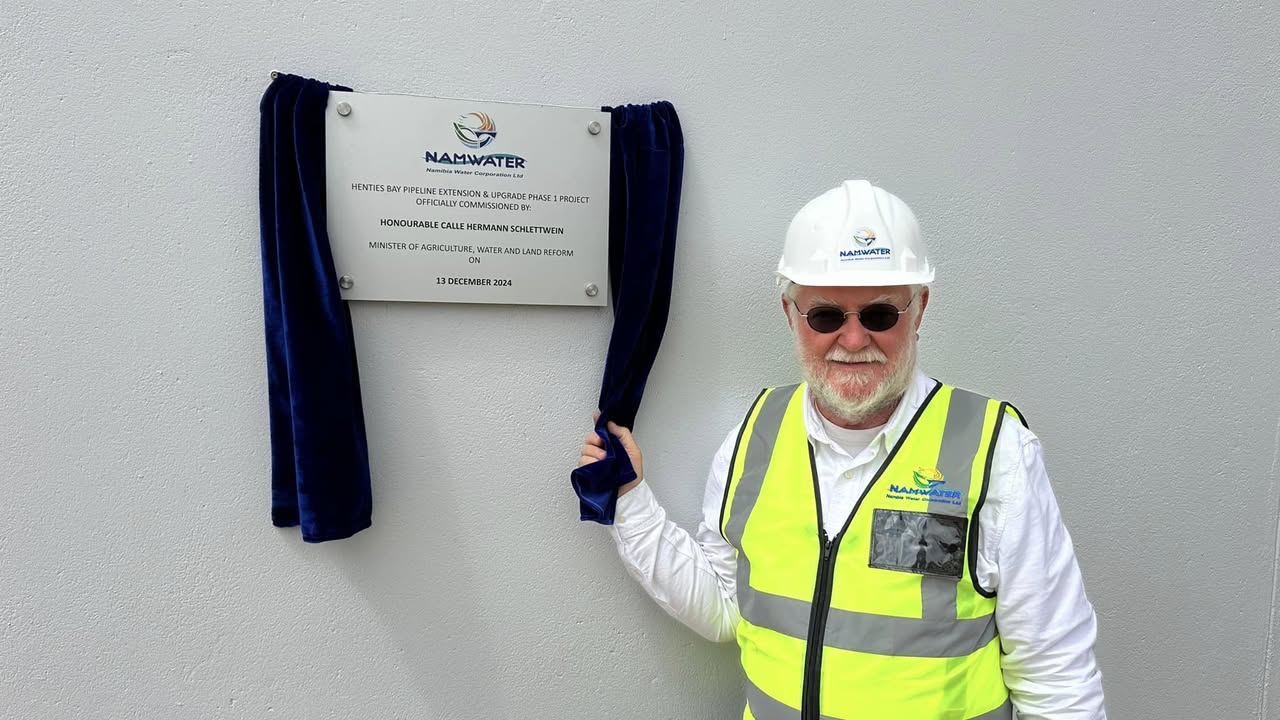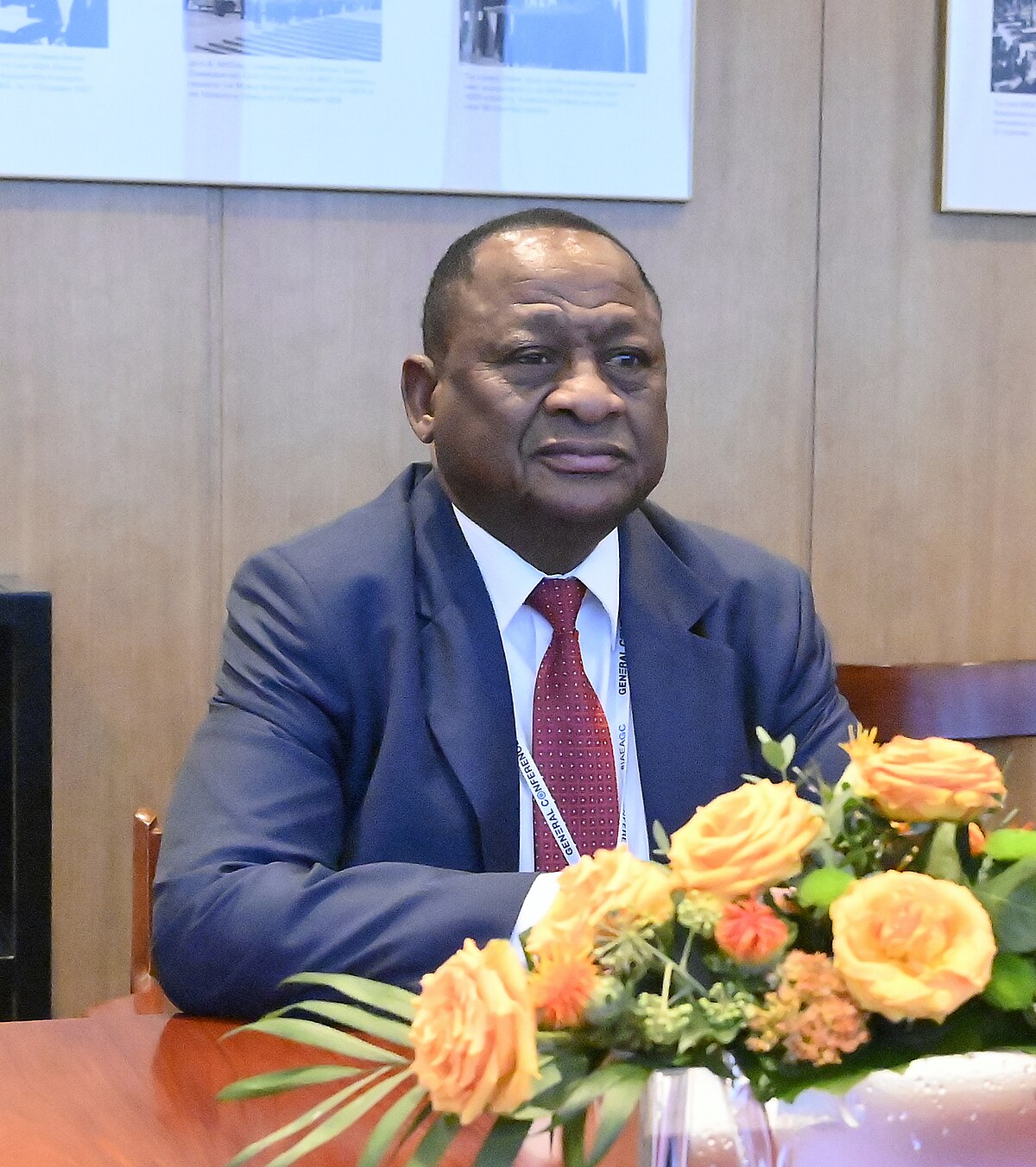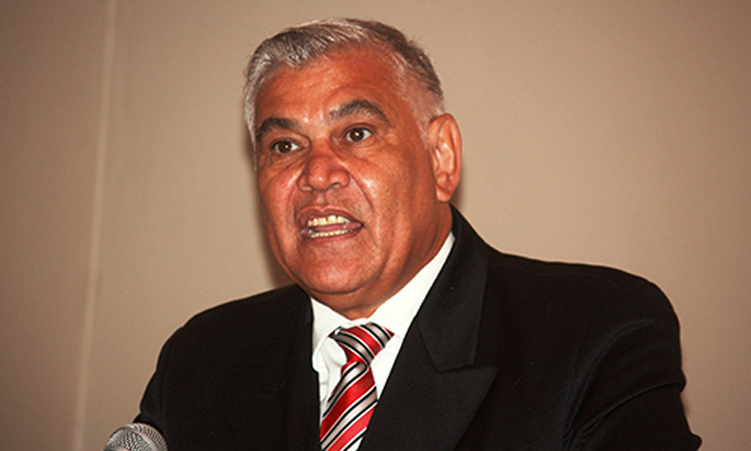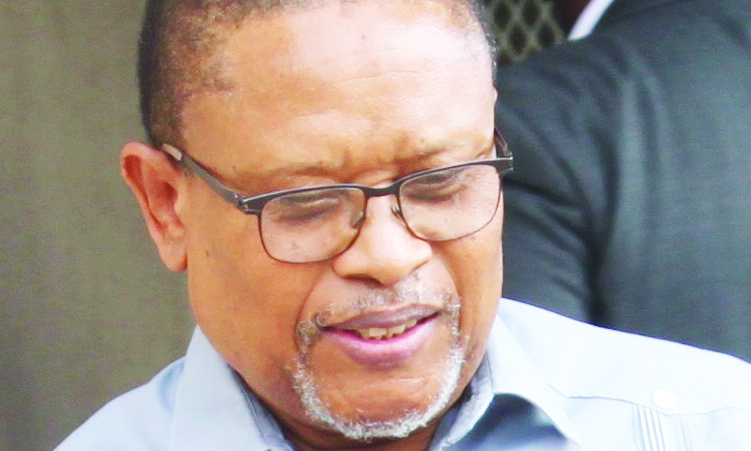THE Black Management Forum (BMF) would like ownership targets for black economic empowerment (BEE) partners in South Africa to be no less than 30 per cent by 2017, Jimmy Manyi, the president of the organisation, said on Tuesday.
But Manyi was aware that this might not be achievable because of the recession, which has reversed some BEE deals.Manyi said the BMF was changing its focus to concentrate on ownership, affirmative procurement and enterprise development instead of employment equity. He was addressing the BMF KwaZulu-Natal year-end function in Durban.At present, the BEE ownership target is 25 per cent. Manyi said economic transformation was meaningless if people did not own firms.’We are unapologetic about that. There are people who want to dismiss the importance of ownership but if you don’t own, you can’t control,’ Manyi said.’As the BMF we want to advocate for economic transformation because it is a time bomb and if it does not happen there will be unrest. This is crucial for a stable environment,’ said Manyi.Polo Radebe, the former chief director of empowerment at the Department of Trade and Industry, said increasing the ownership of BEE ownership to 30 per cent should really not be an issue at this stage.’The issue is much deeper than that. It is about how we accelerate transformation in general. It is not even clear whether the 25 per cent ownership will be achieved and yet we are now talking about 30 per cent ownership,’ said Radebe, the chief executive at Identity Partners, an investment and advisory firm led by women.She was not attacking Manyi’s comments because she did not know where they came from, she said, but only voicing her viewpoint.Roger Latchman, the managing director of PKF BEE Solutions, a rating agency, told Business Report that Manyi’s proposition was problematic because raising capital would be an issue.He said it would be very tough for black people to raise capital because of their history.’Let us rather harness entrepreneurship because that is where growth is. I think that we should leave ownership at 25 per cent because there is now progress with BEE,’ Latchman said.’Once we talk about increasing it to 30 per cent, then we are going to create uncertainty. Once there is uneasiness, then the pace of transformation would come to a stop. People will now be waiting to see what happens with the 30 per cent proposal before continuing with transformation.’Manyi said that others would argue that the codes of good practice, which are used to assess companies’ BEE compliance, already addressed ownership, procurement and enterprise development.’Yes, but that has only just started and some people still don’t understand what broad-based BEE means, they think it means one million people must benefit,’ said Manyi.’Yet, a deal can be broad-based with 20 people, so there is still a lot of work to do on that front and we hope that the BEE advisory council will address all those issues.’Besides the target of 30 per cent, Manyi said the BMF wanted firms to find new players and move away from sealing deals with the ‘usual suspects’.’The same thing must apply with affirmative procurement, there must be new players and companies must find these new players and groom them.’We want new businesses that will be assisted by the established companies,’ said Manyi. – Business Report
Stay informed with The Namibian – your source for credible journalism. Get in-depth reporting and opinions for
only N$85 a month. Invest in journalism, invest in democracy –
Subscribe Now!






